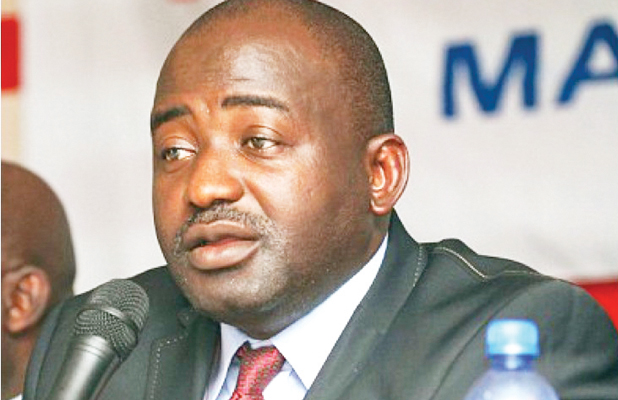The political landscape in Liberia has shifted dramatically with the return of a group of lawmakers, previously aligned with embattled Speaker J. Fonati Koffa, to the majority bloc under newly-elected Speaker Richard Nagbe Koon. This group, known as the Rule of Law Legislative Caucus, had initially contested Speaker Koon’s election, claiming that Speaker Koffa remained the legitimate leader of the House of Representatives. However, their decision to rejoin the majority signifies a significant development in the ongoing political saga, indicating a potential resolution to the internal conflict within the legislature.
Representative Musa Bility, head of the Rule of Law Caucus, explained the rationale behind their decision. He cited the Supreme Court’s lack of clarification on its previous ruling regarding the speakership dispute as the primary reason for their change in strategy. Having waited for a definitive legal interpretation that did not materialize, the caucus opted for a more pragmatic approach, choosing to address their grievances through legislative channels rather than continued legal battles. This shift suggests a prioritization of the legislative process and a willingness to work within the existing framework to resolve their concerns.
The caucus’s return to the majority bloc does not imply a complete abandonment of their initial position. Representative Bility emphasized their continued objection to Speaker Koon’s election, asserting that Speaker Koffa remains the legitimately elected Speaker in accordance with the Constitution and House Rules. Their re-engagement with the legislative process aims to voice these objections formally and seek resolutions through internal parliamentary procedures. This approach reflects a commitment to upholding the rule of law through established institutional mechanisms rather than external legal challenges.
The Rule of Law Caucus also intends to address several other critical issues through legislative means. These include the suspension and salary withholding of their colleagues, actions they deem a contravention of House rules. The dissolution and reconstitution of House committees, along with the withholding of benefits due to caucus members, are further points of contention they plan to raise. These grievances highlight deeper concerns about procedural fairness and the equitable treatment of all members within the House of Representatives. Their commitment to resolving these issues through legislative engagement demonstrates a focus on internal reforms and adherence to parliamentary procedures.
By choosing to rejoin the majority bloc, the Rule of Law Caucus is seeking a more constructive engagement within the legislature. While maintaining their objections to Speaker Koon’s election, they are prioritizing the functionality of the House of Representatives and advocating for the resolution of their grievances through established legislative processes. This approach signifies a shift from confrontational legal battles to a more cooperative and pragmatic engagement within the legislative framework. Their decision to return could pave the way for greater stability and effectiveness in the House.
The return of the Rule of Law Caucus to the majority bloc marks a significant turning point in the Liberian political landscape. It signals a potential for greater unity and cooperation within the House of Representatives, allowing for a more focused approach to addressing the nation’s legislative agenda. While their grievances remain and the speakership dispute hasn’t been entirely resolved, their willingness to engage through established legislative channels suggests a move towards greater stability and a renewed focus on the work of the Liberian people. The coming weeks will be crucial in determining the effectiveness of this new approach and its impact on the broader political landscape of Liberia.


